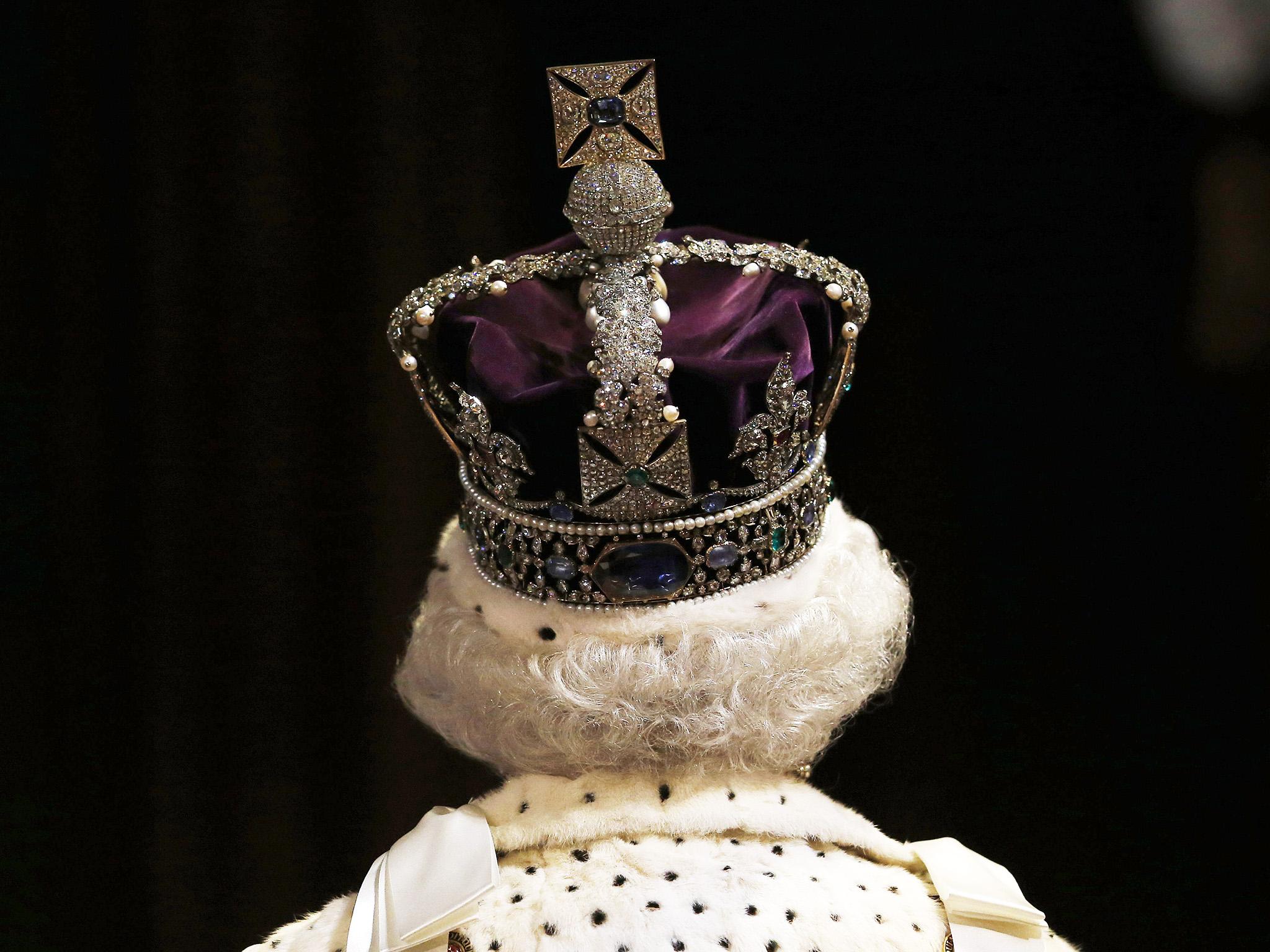Don’t let the focus on the Queen distract you from the bigger story coming out of the Paradise Papers
By turning the Paradise Papers leak into an angry discussion about the value or otherwise of the monarchy, we lose sight of the broader, more significant issues at stake concerning the workings of global finance


So, the poor old Queen might need to think twice if she wants to avoid another day in the Paradise Papers. Or at least, her advisers at the Duchy of Lancaster will have to, given that the monarch doesn’t personally ring her broker each morning with instructions on where to invest her latest million.
Inevitably, the entanglement of the Queen in this latest dump of offshore financial data has provided a dream headline for the media both in the UK and elsewhere. And one imagines there were dark mutterings over the breakfast cereal at Buckingham Palace on Monday morning as Her Majesty digested the reputational implications along with her cornflakes.
Certainly it seems surprisingly short-sighted that royal advisers should have invested £10m in funds based in the Cayman Islands and Bermuda. It hardly takes rocket science to work out that the British public isn’t wildly keen on the use of offshore investment opportunities by wealthy bods. The scandal caused by the release of the Panama Papers in 2016 provided ample evidence of that – and proved too that confidential information doesn’t always remain private.

A spokesperson for the Duchy of Lancaster has insisted that all the investments are above board; as indeed they are, from a legal point of view. “We operate a number of investments and a few of these are with overseas funds”, he said. “All of our investments are fully audited and legitimate.”
But that rather misses the point that the issue of tax havens is about perception, not legal technicalities. It doesn’t matter either that anyone with a pension probably has some money invested in offshore funds, even if they don’t know it. The question at the heart of this story is simply whether rich people, advised by clever lawyers and tax experts, are gaining a further advantage over those who don’t have money to invest in anything, let alone the cash to pay someone to tell them how best to minimise their tax liabilities.
That is why the Queen’s involvement makes for such a talking point. Who better than our unelected head of state to be the emblem for the inequality the Paradise Papers seem to demonstrate?
And yet I can’t help feeling the monarch is something of a red herring in all this. As social media buzzed on Sunday evening with the breaking news of her enmeshment, immediately there came denouncements of the entire institution of the monarchy and calls for its replacement. The offshore investment by the Duchy of Lancaster on her behalf was somehow evidence of her personal disregard for her subjects and typical of how the royals are out of touch with the common man. The specific investment in BrightHouse was particularly helpful in that regard. Even Jeremy Corbyn is calling for a regal apology.
There are, of course, arguments in favour of Britain becoming a republic – just as there are points which support the retention of a hereditary and non-political head of state, however anachronistic it seems on paper. But the present debate over the way £10m of the Queen’s wealth has been managed is not central to that discrete question. What’s more, by turning the Paradise Papers leak into an angry discussion about the value or otherwise of the monarchy, we lose sight of the broader, more significant issues at stake concerning the workings of global finance.
At the most fundamental level, we should be considering whether tax havens should exist at all. If we conclude that they should not, then we must wonder how on earth they could, in reality, be dismantled. If we conclude that they should (for instance because they provide the possibility of financial stability in an unstable world or because, by enabling businesses to avoid tax duplication, they promote corporate growth), then our primary concern should be around transparency.
On that front, things may have improved a bit in the last few years thanks to better sharing of banking information between national authorities. Yet the system remains fundamentally opaque, enabling genuinely nefarious characters – ie not people like the Queen – to use obliquely-named, offshore investment vehicles to shuffle dodgy money from one corner of the earth to the other, both to evade tax and to launder corrupt funds.
It is this kind of activity – and the role of some decidedly shady legal and financial advisers – which we should be seeking to expose, rather than being side-tracked into well-worn debates about the future of the monarchy.
Join our commenting forum
Join thought-provoking conversations, follow other Independent readers and see their replies
Comments
Bookmark popover
Removed from bookmarks